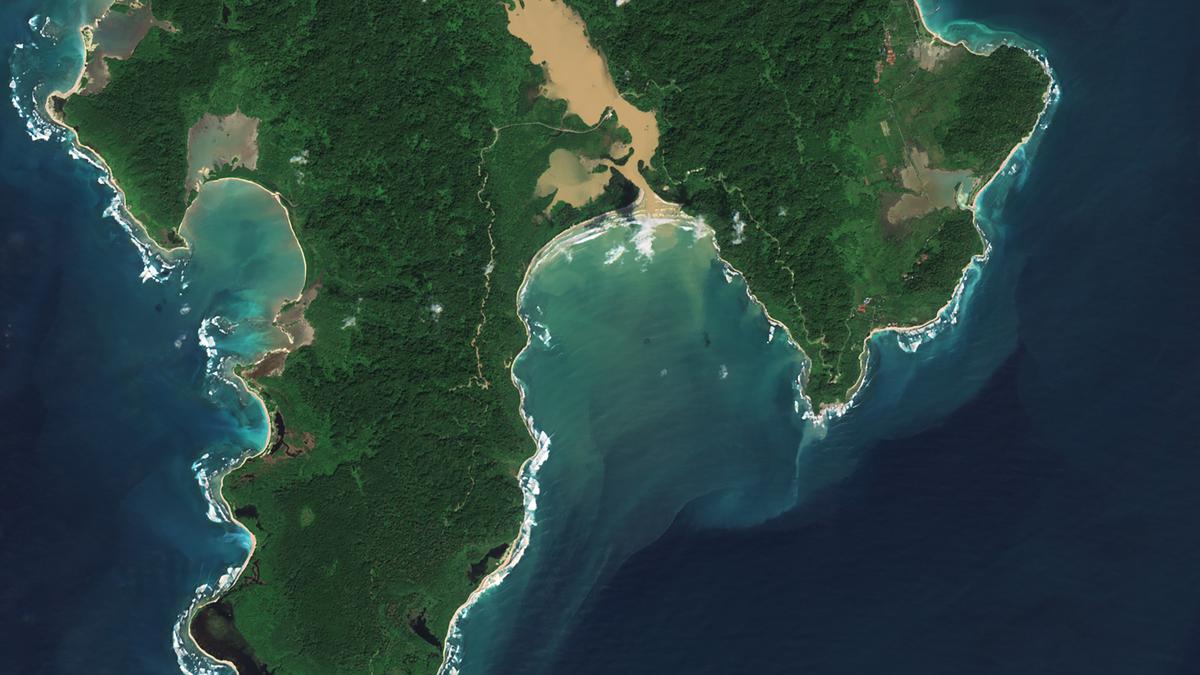Now Reading: Parliamentary Panel Withholds Details on Great Nicobar Project
-
01
Parliamentary Panel Withholds Details on Great Nicobar Project
Parliamentary Panel Withholds Details on Great Nicobar Project

Quick Summary
- The National Commission for Scheduled tribes (NCST) declined an RTI request seeking information on the Great Nicobar Island Progress Project’s impact on tribal communities and relocation of villages from tiger reserves, citing constitutional provisions and exemptions under the RTI Act.
- NCST stated that it is constitutionally mandated to report only to the President, which exempts its reports from public disclosure. It also invoked clauses of Section 8 of the RTI Act related to parliamentary privilege and investigations.
- Critics argue that withholding basic information undermines transparency, particularly when dealing with projects affecting Indigenous communities and ecologically sensitive areas.
- The Great Nicobar Island project includes developing a transshipment port, airport, township, and power plant over a 160 sq km area. It could affect around 130 sq km of pristine forest housing tribes like the Shompens (PVTG) and Nicobarese (ST).
- Tribal rights advocates have raised concerns about displacement and ecological damage caused by denotification of tribal land reserves for this project. Allegations claim crucial details were withheld during consultations with local tribal councils.
- NCST issued a notice in April regarding potential violations stemming from this development but continues facing scrutiny over alleged lack of transparency.
- Criticism has also emerged over relocation directives by NTCA within tiger reserves without adequate tribal consultations under India’s Forest Rights Act.
Indian Opinion Analysis
The refusal by NCST to disclose information raises pressing questions about governance balance between transparency obligations versus legal exemptions. While citing parliamentary privilege might potentially be valid under constitutional provisions, limiting access fuels concerns regarding accountability in decision-making processes impacting vulnerable groups.
For India, projects like Great Nicobar highlight critical trade-offs between national strategic interests-given the region’s geostrategic significance-and ethical responsibilities toward Indigenous populations who stand at threat due to infrastructure expansion on their ancestral lands. Ensuring affected communities recieve accurate details promotes fairness while addressing ecological concerns flagged by scientists.
Moreover, effective engagement with local stakeholders is essential not only legally (under acts like forest Rights) but as part of sustained democratic commitment toward equal depiction across marginalized voices.
Read more: http://ncst.nic.in

























